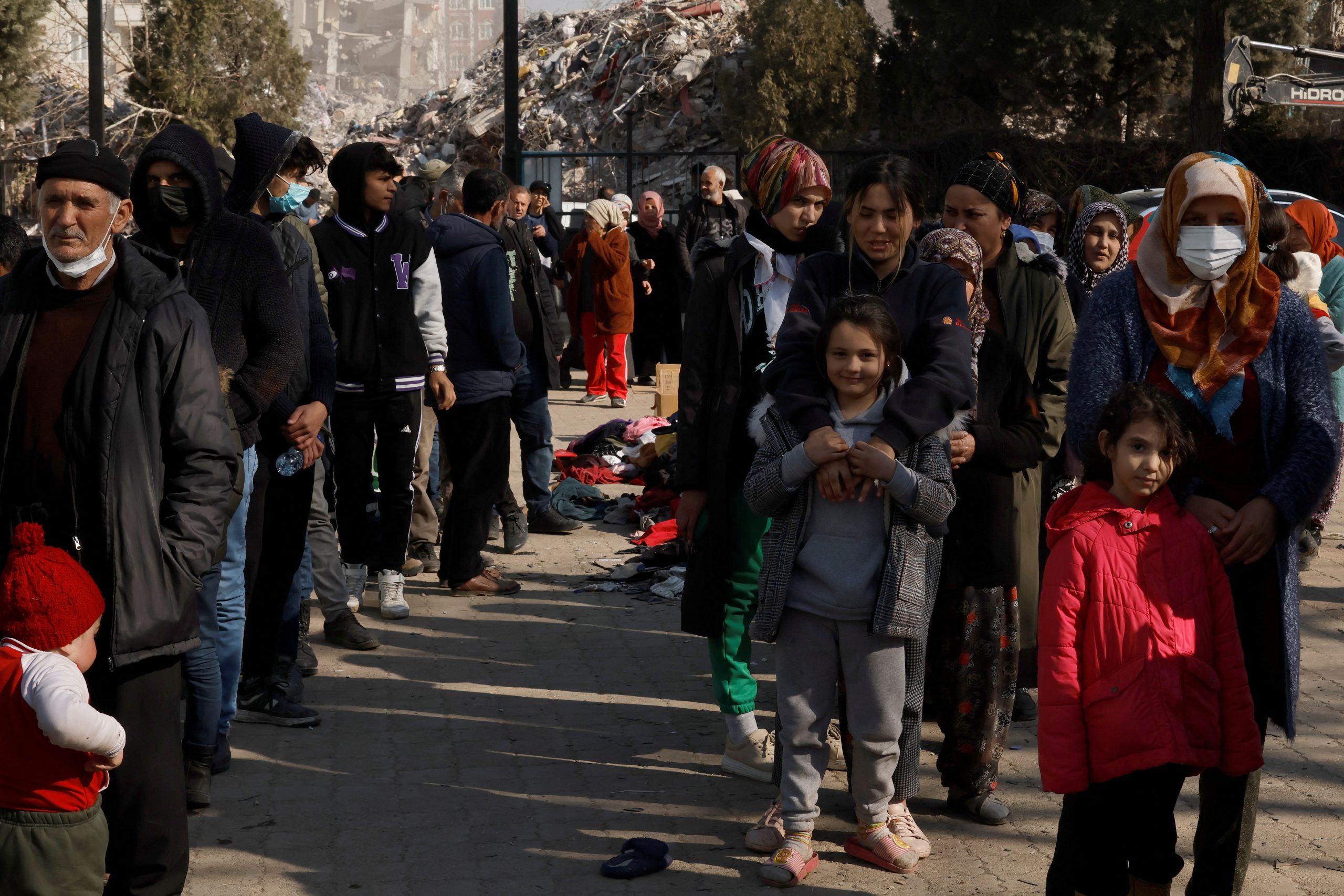
Lauren C. Moye, FISM News
[elfsight_social_share_buttons id=”1″]
Millions of people are still displaced and in need two weeks after a magnitude 7.8 earthquake struck Turkey and Syria, according to AP News.
Turkish President Recep Tayyip Erdogan said on Tuesday, “Together, we will relieve the pain of this disaster, bandage its wounds, and make up for its losses without falling into despair, weariness, fatigue, or despair.”
Yet Erdogan faces a difficult situation in recovering from the Feb. 6 earthquake.
The latest death toll is over 45,000, but these deaths only account for those directly impacted by the earthquake. Meanwhile, the president said that only 2.2 million had evacuated the earthquake disaster zone. Only 1.6 of those people had been placed in some form of housing: public facilities, student dormitories, or hotels.
That’s only a fraction of the estimated 14 million who lived in the disaster zone.
Several of these citizens have voiced their opposition to leaving the area as they wait for news about missing loved ones, concerns for livestock, or who live in rural areas which cannot easily be evacuated.
In an area where buildings have been devastated, displaced survivors must now face additional concerns: lack of shelter, clean water, and food.
Turkey is predicted to experience night temperatures at or below freezing this weekend, making hypothermia a concern for survivors.
Around 2,000 people in Hatay, on the coast, are now living in greenhouses with salvaged bedding and cooking utensils, AP said.
“There’s no safe place apart from the greenhouses because the houses collapsed due to the earthquake,” Ozkan Sagaltici told AP journalists.
The Turkish government estimates that 84,000 buildings – which included over 332,000 separate dwellings – were either destroyed or their safety was compromised by earthquake damage.
In an effort to prevent a secondary crisis, the government has distributed 200,000 tents and 5,400 shipping containers. Some fear the tents will be inadequate to protect from the temperatures.
Others are huddling in train cars to escape the winter temperatures
Hygiene concerns are another concern, with some families struggling to find clean clothes, bedding, and household items. Without running water in some parts, there is no potable water for drinking and cooking or a functioning sewer system.
With rescue efforts still underway, including three more survivors pulled from the rubble on Friday, it is unclear when or how the needs of all the displaced in Turkey will be met.
